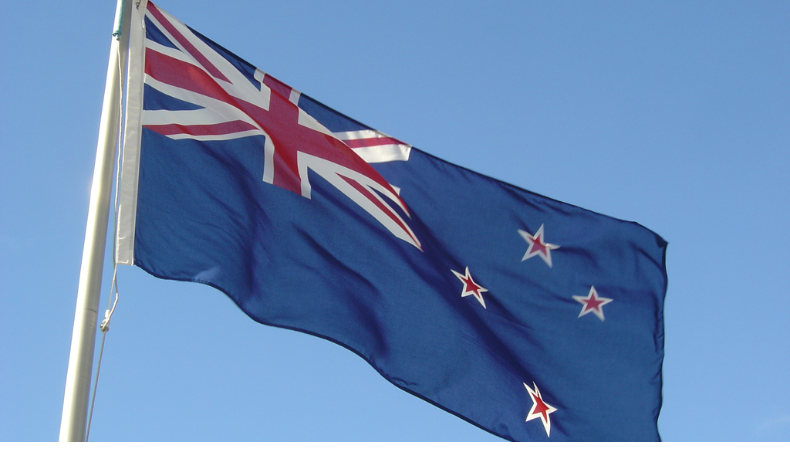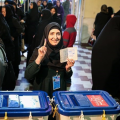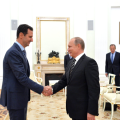Navigating Middle Eastern Turmoil: New Zealand’s Diplomatic Approach and Regional Focus

Neither Foreign Minister Winston Peters nor New Zealand Prime Minister Christopher Luxon has shown immediate readiness to openly criticize Israel’s recent murder of political leader Ismail Haniyeh in Tehran. Rather, their most recent public comments have concentrated on other priorities: Luxon has pushed for the government’s newly implemented tax cuts, while Peters has underlined the opening of a new shortwave radio station for Radio New Zealand’s Pacific service, pillar of Wellington’s public diplomacy.
Reaction of New Zealand to Tensions in Middle East
New Zealand has not been quiet about the wider crisis in Gaza, even though they have not said anything about the particular murder. Peters has been very outspoken in denouncing current bloodshed. He quickly decried the attack by Hezbollah on Majdal Shams in the Golan Heights last Saturday, which sadly claimed at least twelve lives. This episode has heightened the continuous Middle Eastern strife. Peters urged all sides to maintain caution and pursue de-escalation while characterizing the worsening circumstances as making a ceasefire “more urgent,” on social networking platform X.
Though his presentations were not mostly centered on the Middle East, Peters has regularly addressed the worsening situation in the area on different platforms. For instance, stressing its influence on world security, Peters mentioned the “utter catastrophe still unfolding in Gaza,” during a visit to Tokyo in July. Earlier in May, Peters formally demanded in a statement “immediate cessation of armed conflict, the release of hostages, and a focus on meeting the immediate humanitarian needs of the people in Gaza.” Given current events, he also voiced worries about miscalculations by either Israel or Iran possibly extending the confrontation. This is a sentiment still relevant.
Leadership and Global Engagement
Prime Minister Luxon has also spoken notably about the disagreement at the level of national leadership. Along with Australian and Canadian colleagues, Luxon sent a joint statement in late July stressing their serious worries over the possibility of more regional escalation. More blunt than previous remarks, this one highlighted the trio’s fears on the likelihood of a war between Hezbollah and Israel, therefore endangering tens of thousands of people in Israel and Lebanon.
Sometimes, though, the top foreign policy authorities for New Zealand have chosen a more subdued stance. In July, for example, Peters decided to let the official account of the Ministry of Foreign Affairs and Trade handle certain complaints of Israeli policies, including the intended legalization of colonies in the West Bank and a Knesset resolution rejecting a Palestinian state.
Diplomatic Priority and Regional Involvement
Analyzing Luxon and Peters’ most recent trip records exposes a definite Indo-Pacific region focus. Peters has visited almost thirty nations during the past nine months, whereas Luxon has visited nine. Their visits to the Middle East have notably been few; Peters visited Cairo and Turkey in April, meeting with regional officials including Turkish President Recep Tayyip Erdoğan and Egyptian Foreign Minister Sameh Shoukry. Although these excursions were important, they draw attention to a larger Indo-Pacific agenda comprising well-publicized visits to the United States, Japan, the Philippines, Singapore, and other Pacific countries.
Active in the Gulf states as well, trading Minister Todd McClay has focused on trading ties with Saudi Arabia and the UAE. Though mostly focused on trade, his excursions provide insightful regional knowledge for his Wellington colleagues.
Keep On Reading
Case for Increased Direct Involvement
One conspicuous missing is a focused fact-finding trip Peters conducted to the Middle East. Such trips might offer closer understanding of the opinions of important players in different regions. This strategy would fit the actions Australian Foreign Minister Penny Wong took on January visits to Israel, the West Bank, Jordan, and the United Arab Emirates. Starting in the Gulf area might help Peters. Given their geopolitical positions and interests, Qatar, with its mediation activities, as well as Oman and Kuwait, might present insightful viewpoints.
New Zealand might be concerned of the possible hazards and cautious about getting more heavily involved in Middle Eastern issues. Still, standing on the sidelines also has hazards, especially because Middle Eastern unrest can eclipse problems influencing the Indo-Pacific. New Zealand can surely help by working with other countries and regional players, even if it may not be able to single-handedly settle Middle Eastern issues.
Last Thought
Though cautious, New Zealand’s Middle East policy shows a dedication to solve world problems by means of both words and deeds. While always emphasizing its main regional interests, New Zealand can significantly help to address the complexity of the Middle East crisis by interacting with important regional players and supporting international diplomatic initiatives.






